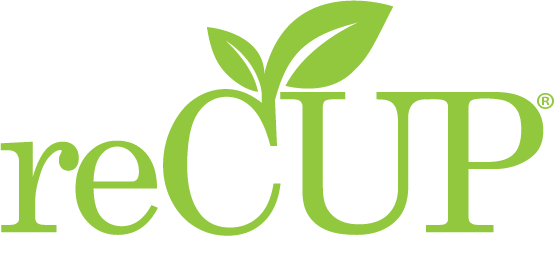Australian paper and cardboard packaging company Detpak is looking to expand its coffee cups collection service which it launched last year in the UK.
Detpak is working with commercial recycling firm Shredall to collect, sort and recycle the cups as part of an existing national collection system in the UK.
Shredall is also providing a collection service and recycling commitment for RecycleMe coffee cup lids.
Felicity Parker, marketing manager, Detmold Group, told Packaging News that in standard Material Recovery Facilities (MRFs) all cups behave like containers due to their 3D shape and fall down the angled sorting screen – cups do not enter the paper and cardboard stream.
“The smart planet technology cups feature coating with calcium carbonate in the formulation, meaning that its quite dense and behaves differently in the pulping process.
“It also uses 40% less plastic than standard plastic-lined cups, reducing plastic content to approximately 3% – so paper mills can use their standard equipment to recycle the cups.”
The RecycleMe recycling collection system is designed to close the loop for the industry and verifies collected paper cups will be counted and recycled into high quality paper products.
Greg Bond, regional business manager corporate brands at Detpak, said local authority collections are not advanced enough to collect coffee cups separately and ensure they reach paper mills for recycling.
He said the major coffee chains have not adopted new technology due to a combination of cost and scale.
“We have innovated because we want to be a step ahead,” but added that certain tweaks need to be implemented in the production process to accommodate the Smart Planet PE-lined cups, where there is resistance to change.
“The integrity of the cup is without question,” he said.
Parker said the company was planning to eventually work with chains, but for now the focus was on the speciality coffee market.
“Our stage 1 plan is to align with the speciality coffee market as it gives us that credibility. We are also looking at adjacent industries that have that closed environments like power stations, hospitals, stadiums.
“Stage 2 will be to try to work with chains,” but he conceded that there was a ‘slight’ premium for the cups.
“Unfortunately you often can’t do the right thing without paying for it. We are supporting our early adopters – assisting with installation of stations etc – we try to help,” said Parker.
Bond added: “This is not a cost-saving initiative – it’s about promoting social conscious and using that in marketing to be able to say ‘we were the early adopters’. To make the difference people have to care enough and be willing to pay that much little more to do the right thing.”

